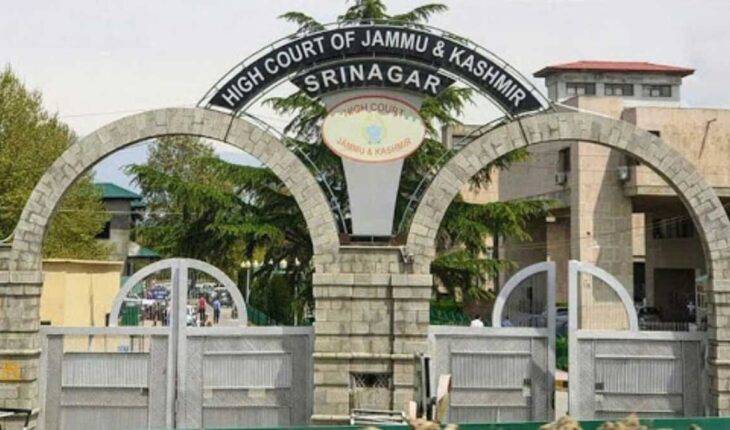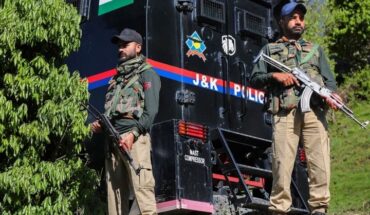The Jammu and Kashmir and Ladakh High Court has upheld the acquittal of Border Security Force (BSF) personnel who were charged in the case of an Army patrol firing incident during the Kargil War, LiveLaw reported.
A bench of Justices Sanjay Dhar and Rajesh Sekhri noted that there was no evidence to establish that the accused had deliberately fired upon the Army patrol party. The defendants had been acquitted by the Sessions Court of charges under Sections 302/307/34 of the Ranbir Penal Code (RPC).
The incident in question occurred on the night of July 16 and July 17, 1999, when a BSF bunker allegedly fired upon an Army patrol party led by Lieutenant Sanjiv Dahiya. Three soldiers were killed, and another was severely injured.
Initially considered an accidental death, the situation changed when the injured soldier, Sepoy Keshav Singh, revealed that the BSF personnel had opened fire after the patrol party attempted to signal them using a flashlight.
Based on Sepoy Singh’s statement, a First Information Report (FIR) was filed, and an investigation ensued. The prosecution presented its case, highlighting the alleged deliberate actions of the BSF personnel and the absence of evidence suggesting a threat to the BSF bunker. They also presented reports indicating that the bullets recovered from the deceased soldiers matched the weapons issued to the accused.
In their defense, the defendants argued that the prosecution’s case relied on indirect evidence and failed to establish a motive for the alleged attack. They claimed that witness testimonies were inconsistent and contradictory.
After reviewing the evidence, the trial court concluded that the defendants’ involvement was based only on suspicion and subsequently acquitted them. The State of Jammu and Kashmir appealed the acquittal, arguing that it was a miscarriage of justice.
The High Court, upon careful examination of the evidence, found discrepancies in the testimonies and inconsistencies in the statements of witnesses, including Sepoy Keshav Singh. The court noted that the lack of corroboration and medical evidence weakened the prosecution’s case. Additionally, it emphasized that coordination issues between the Indian Army and the BSF, amidst the breakout of the Kargil War, contributed to the unfortunate incident.
The High Court ultimately dismissed the appeal, stating that suspicion alone cannot replace legal proof, and conviction cannot be sustained based on surmises and conjectures.




